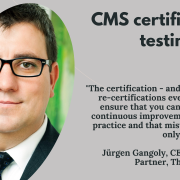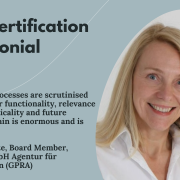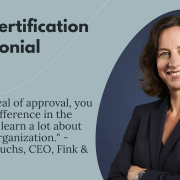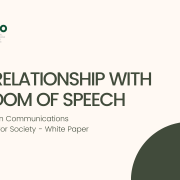Release by BHM, UK
Date – 1st July, 2022
Millions of Public Relations practitioners across the globe are set to celebrate the second edition of the annual World PR Day held on July 16, 2022.
Launched in 2021 to forge a global agenda of enlightening the world about the nobility and misconceptions around PR, World PR Day witnessed participation from thousands of practitioners, organisations, and public observers.
Set aside as a day dedicated to truth, honesty and reputation management in a way that is beneficial to all people across the globe, July 16 also honours Ivy Lee, one of the pioneers of Public Relations practice who was born on the same date 145 years ago.
The second World PR Day will further advance conversations on the topical understanding and outlook of the practice. It will extensively spotlight the strengths, limitations, and potential of the profession, as well as the utilisation of new tools and trends, value propositions, and funding.
BHM Founder and CEO, Ayeni Adekunle, said, “We decided to begin to have tough, largely ignored conversations about PR last year, and we want to show once again how the practice has deeper connotations to how our world functions than it gets credit for.
“It is in our collective interests for the world to continue to understand the role of PR in shaping and inspiring not only businesses or governance across the globe but critical human actions that can make or mar generations to come.”
As part of a three-pronged activity, the 2022 World PR Day will feature #MyPRStory – an inclusive new media activity where every PR professional will be encouraged to share one unforgettable memory from their journey in the PR industry. The stories will help to show the world the many facets of PR practice and how they impact society.
The event will also feature the PR Bible – a crowdsourced repository of PR resources from PR pros across the world.
A Fireside Chat on Twitter Spaces featuring top PR executives across the world to drive conversations and answer questions on trust, truth, and transparency will make up the third frame of the day’s activities.
Alastair McCapra, Chief Executive, Chartered Institute of Public Relations (CIPR); Francis Ingham, Director General of the Public Relations and Communications Association (PRCA); Nitin Mantri, President, International Communications Consultancy Organization (ICCO); Rachel Roberts President, Chartered Institute of Public Relations (CIPR); Sylvester Chauke, Chief Architect – DNA Brand Architects; Steve Barrett, Editorial Director, PRWeek and Emma Wenani Chief Director, GMA Worldwide, have been confirmed to speak at the event.
PR practitioners and enthusiasts across the globe are encouraged to actively participate in the celebration by hosting formal events, global recognitions, seminars, debates, or workshops and; reading up and learning about PR through CIPR, PRSA or PRCA publications.
Stephen Waddington, a WPRD Committee Advisor and the Managing Partner, Wadds Inc., a professional advisory firm said, “We urge practitioners to drive social conversations by sharing their thoughts about the value, opportunity, relevance, and future of the PR profession on social media or publish blog posts and opinion editorials on their LinkedIn page or company websites.
“Participants can add to the conversations by sharing videos of their PR experience on YouTube or Instagram tagging @wordprday or using the hashtag #WPRD.”
In the first-ever World PR Day celebration, BHM successfully propelled conversations around the world to extol the merit of PR practice. Conversations in the edition centred around the rise of digital communications over the years, the reductive view of PR’s scope of functions, and the common failure of organisations to attribute the results of PR activities to their top line.
BHM also drives the Global Day of Influence – an annual event launched in 2020 to raise awareness about the need to stop the abuse of influence.
The events are part of the international PR firm’s general commitment to continually propagate the appreciation of PR and its impact on the world.
You can learn more about World PR Day here.


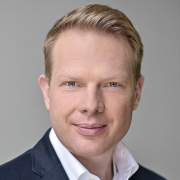
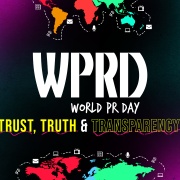
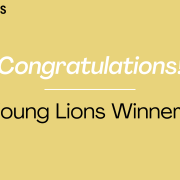
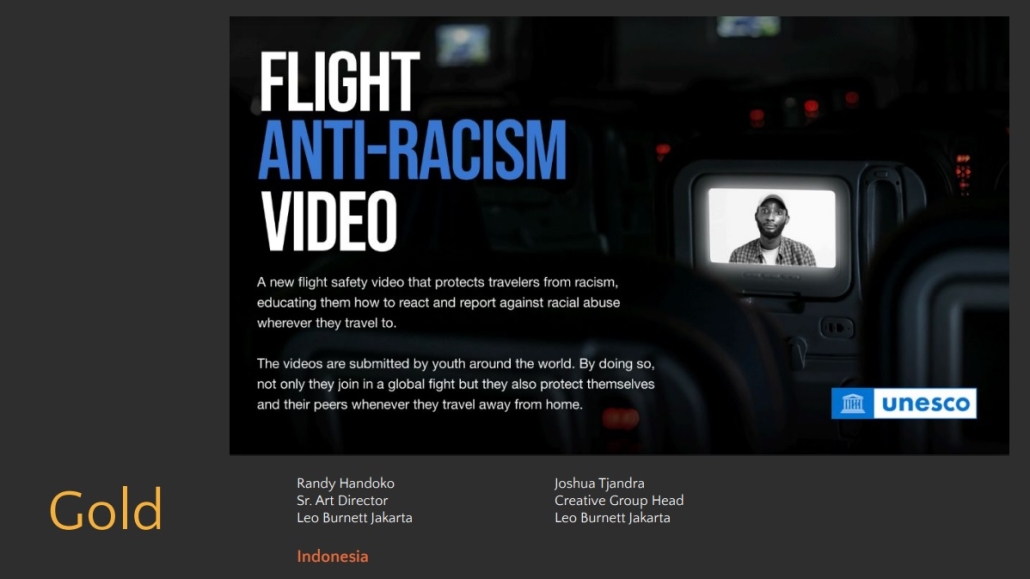 Indonesia’s Randy Handoko and Joshua Tjandra, creatives at Leo Burnett Jakarta, are the winners of this year’s Cannes Young PR Lions competition. The team from Colombia, Rony Saavedra and Manuel Barbosa Granados won Silver, and from Germany, Alexander Walter and Katharina Kiriakou claimed Bronze.
Indonesia’s Randy Handoko and Joshua Tjandra, creatives at Leo Burnett Jakarta, are the winners of this year’s Cannes Young PR Lions competition. The team from Colombia, Rony Saavedra and Manuel Barbosa Granados won Silver, and from Germany, Alexander Walter and Katharina Kiriakou claimed Bronze.
